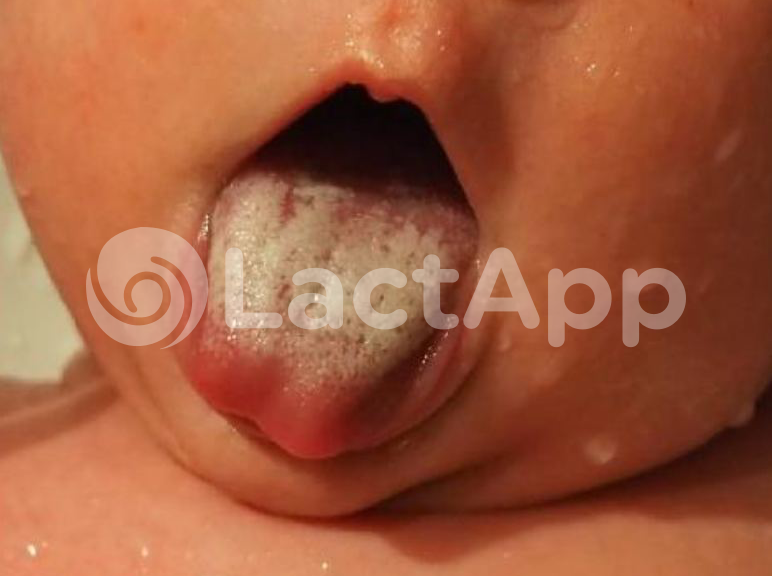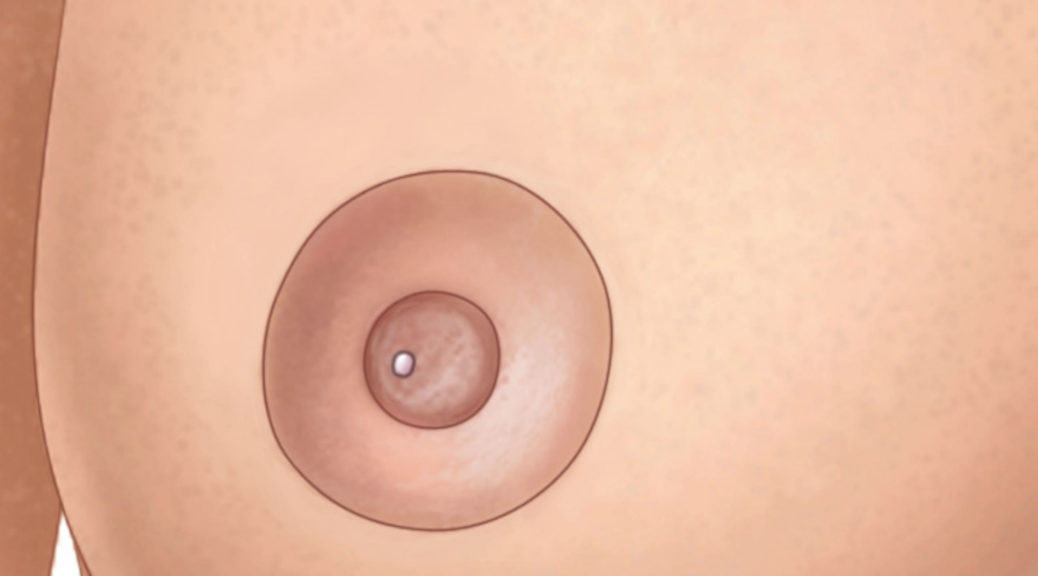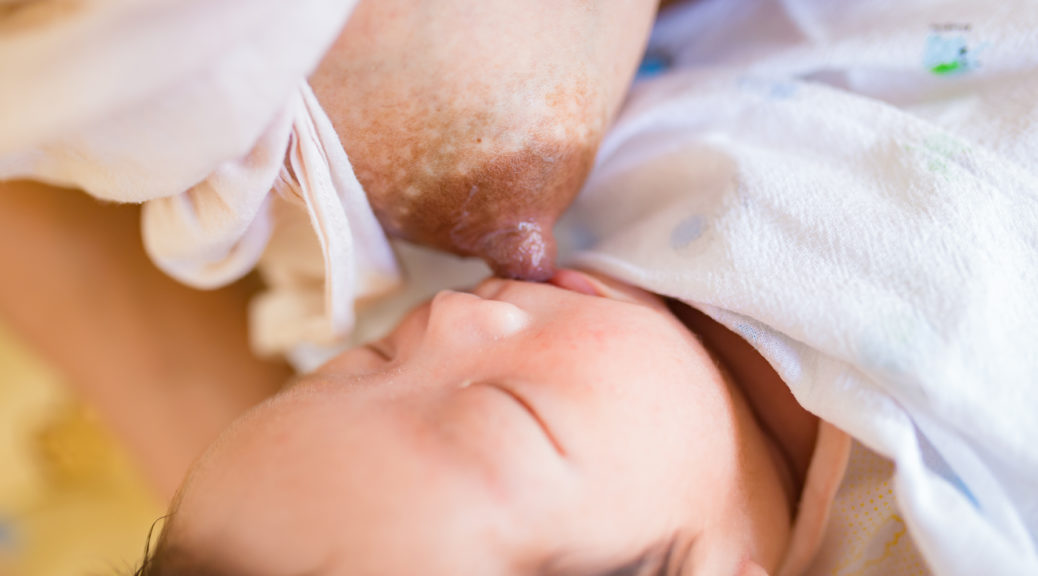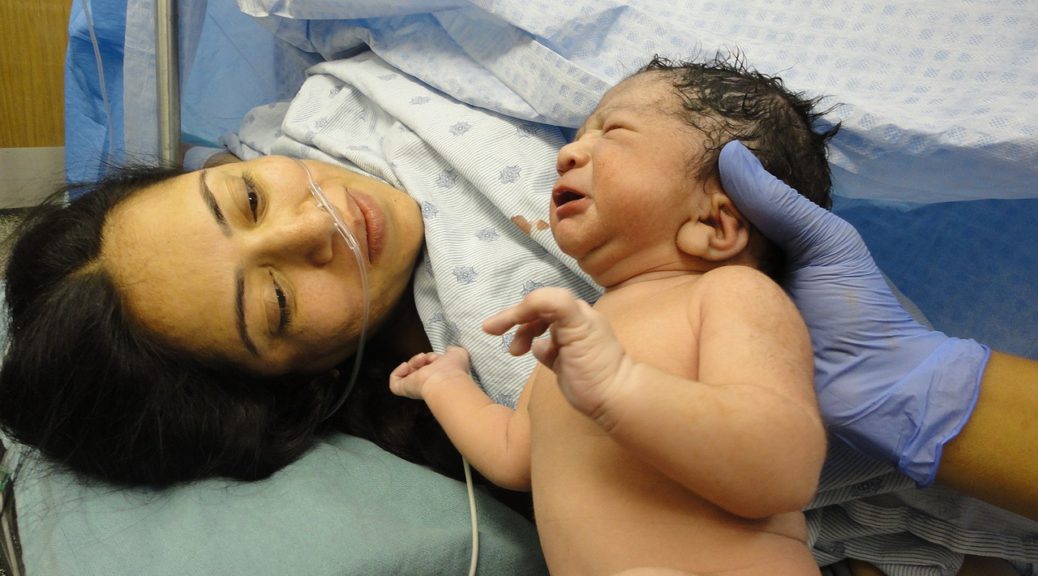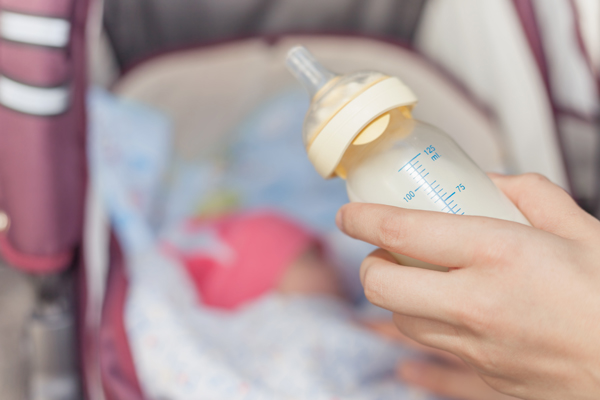My baby has a white tongue, is it thrush?
Our maternity experts receive many questions from concerned mothers about their baby’s white tongue. Indeed, many parents worry about the colour of their baby’s tongue and whether the white colour that can be seen in breastfed babies means that a baby has thrush in their mouth. In this post, we will explain all about it. What is thrush? There is a type of thrush that sometimes happens in babies’ mouths, also known as candida or oral candidiasis. This is a…
